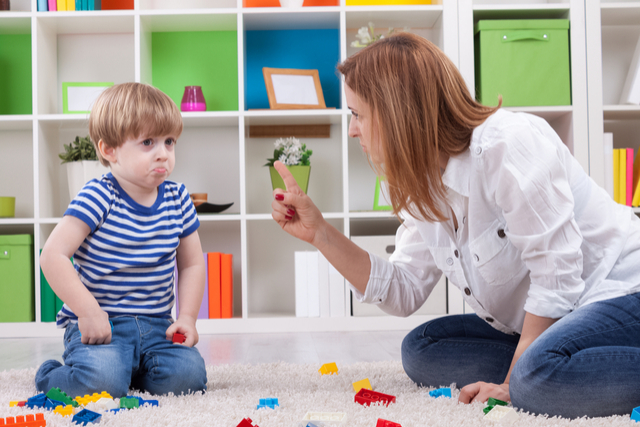An analysis into the effectiveness of Tiger Parenting.
Ever since Amy Chua published her memoir ‘Battle Hymn of the Tiger Mother’, there has been much uproar and controversy over her rather aggressive methods of controlling her children. Characteristics of tiger parenting are implementing a harsh regime, being incredibly demanding, psychological and behavioral control as well as a constant emphasis on academic excellence. Tiger parents believe that forcing their children to learn relevant or in-demand skills and be more hardworking will help them in the long run.
Potential Effects of Tiger Parenting?
Children tend to become less independent as they are so used to listening to their parents and abiding dutifully by their orders. As a result, they are often left aimless and passive without the constant presence of their parents by their side.
Children also tend to be unhappy and have lower self-esteem than their peers whom have supportive parents. This is generally because they do not receive much encouragement from their parents even when they are successful. Instead, the constant demands and criticism when they fail to live up to expectations will accumulate in their psyche and may inflict emotional trauma. Tiger parenting will backfire when parents utilizes such a system with mentally fragile children. Such children will tend to fall deeper into misery rather than attempt to prove their parents wrong. As a result, they are generally less resilient after failing to complete a task or live up to their parents’ expectations.
Last but not least, children of tiger parents may display increasingly aggressive behavior outside their households especially if their parents are not around. This is because these children are often searching for outlets to vent their anger on as they are too afraid to express their unhappiness in the presence of their parents. As a result, their ability to socialize will deteriorate as other individuals will be repelled by their aggressive behavior and actively avoid the children. Moreover, since the children of tiger parents will spend significantly more time studying than playing or interacting with others, these children often possess less developed social ability.
On the other hand, there could be positive effects as well. Children whom aren’t as affected by the negative effects could eventually be molded into being an elite scholar in the country’s education system. However, this could only be applicable to individuals that possess certain character archetypes.
Is Tiger parenting effective?
In short, research has proven that it’s not very effective- at least in the United States of America. A research study, titled Does Tiger Parenting Exist? Parenting Profiles of Chinese Americans and Adolescent Developmental Outcomes’, written by academicians such as Su Yeong Kim, Yijie Wang, Diana Orozco-Lapray, examined 444 Chinese American families residing in California over a duration of 8 years examining the children's lives from "early adolescence to emerging adulthood." The study proved that as compared to a supportive parenting style, the authoritarian parenting style resulted in lower GPA scores and inferior academic performance; less familial attachment; being more prone to depression as well as an increased tendency towards isolationism. Thus, this study indicates that tiger parenting may not be as effective as its supporters claim it to be. How then did Amy Chua’s children become so successful? A possible response would be that Amy Chua has passed down her elite genetics. Let’s not forget that she is an extremely intelligent individual herself as seen from her being a professor at Yale law school. Her husband, Rubenfeld is also a Yale law professor as well. This could mean that the genetic composition of the parents is elite, thus possibly indicating that the children has ‘inherited’ some of their dominant genes as well, which suggests that genetics may play a role in the comparisons. It is no coincidence that the median parents interviewed in the study did not graduate from college. However, this is merely a hypothetical conclusion. Amy Chua’s success can also be attributed to being an outlier or anomaly.
In conclusion, Authoritative parenting seems to be preferable to Tiger/Authoritarian parenting. Authoritative parenting still establishes reasonably high expectations and standards for the children, but it is not as centered around tough love as Tiger/authoritarian parenting. Authoritative parenting is still nurturing as it allows autonomy by encouraging children to be independent. The child’s respect is earned and not demanded with positive discipline being employed instead of forceful and punishing measures.
